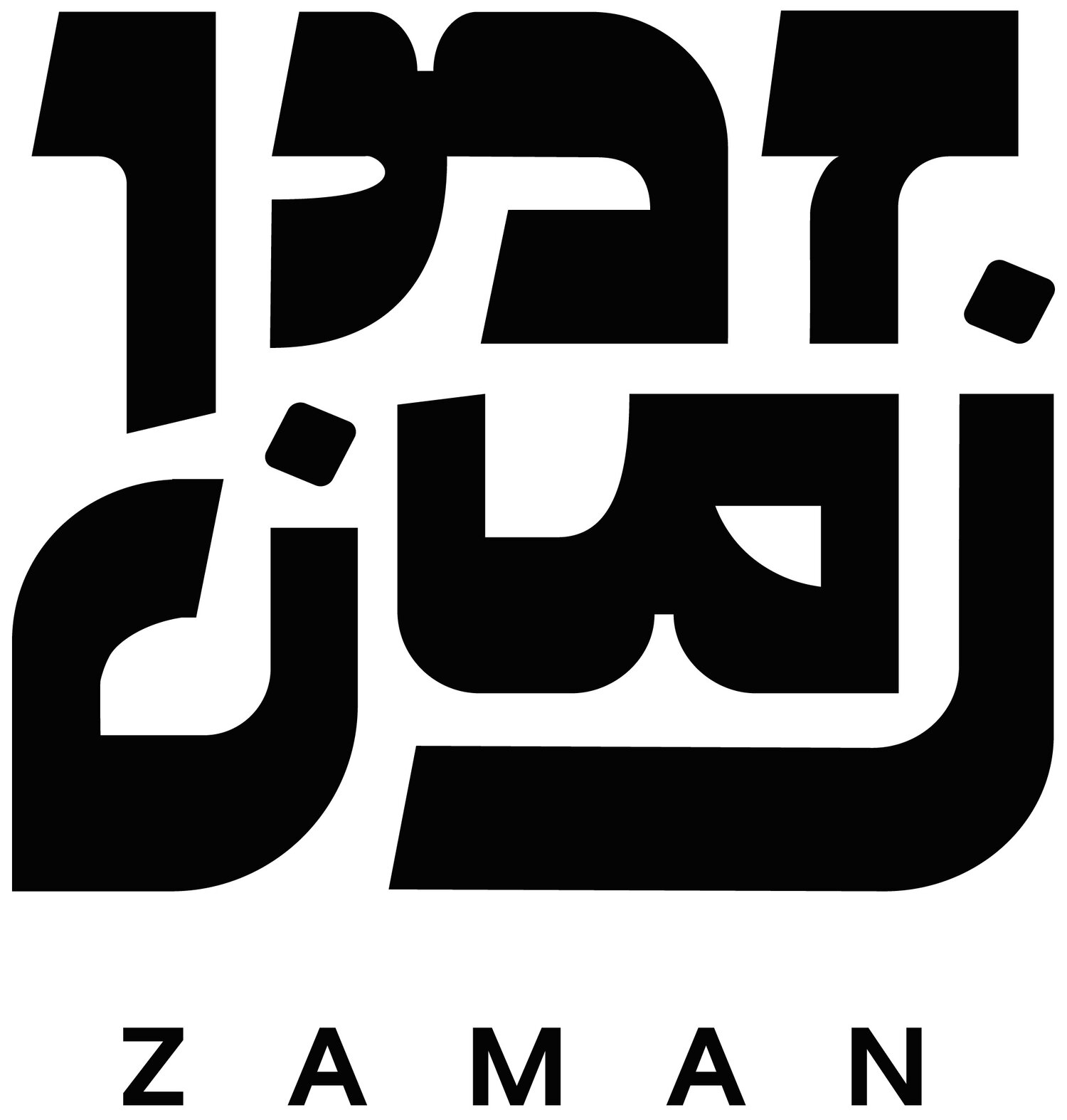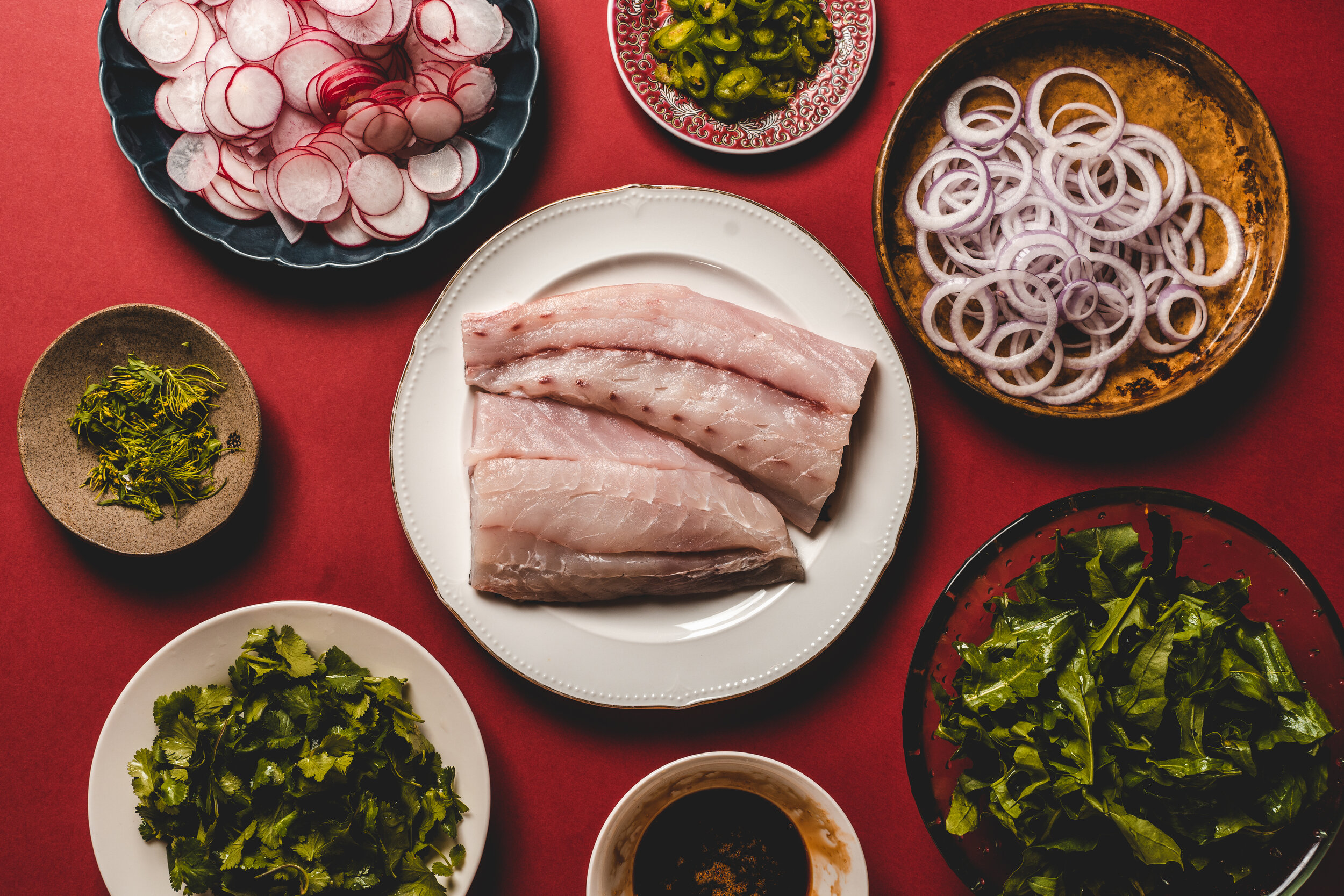
The Culinary Wellsprings of Jerusalem
Jerusalem is a city of springs; hidden within her is a myriad of metaphorical aquifers, each one spouting the words of dozens of prophets over the years. They are countless in number, but two are of particular cultural and culinary importance to me: Mahane Yehuda and the Arab Market near the Damascus Gate in the Old City—what Palestinians usually call Musrara Market.
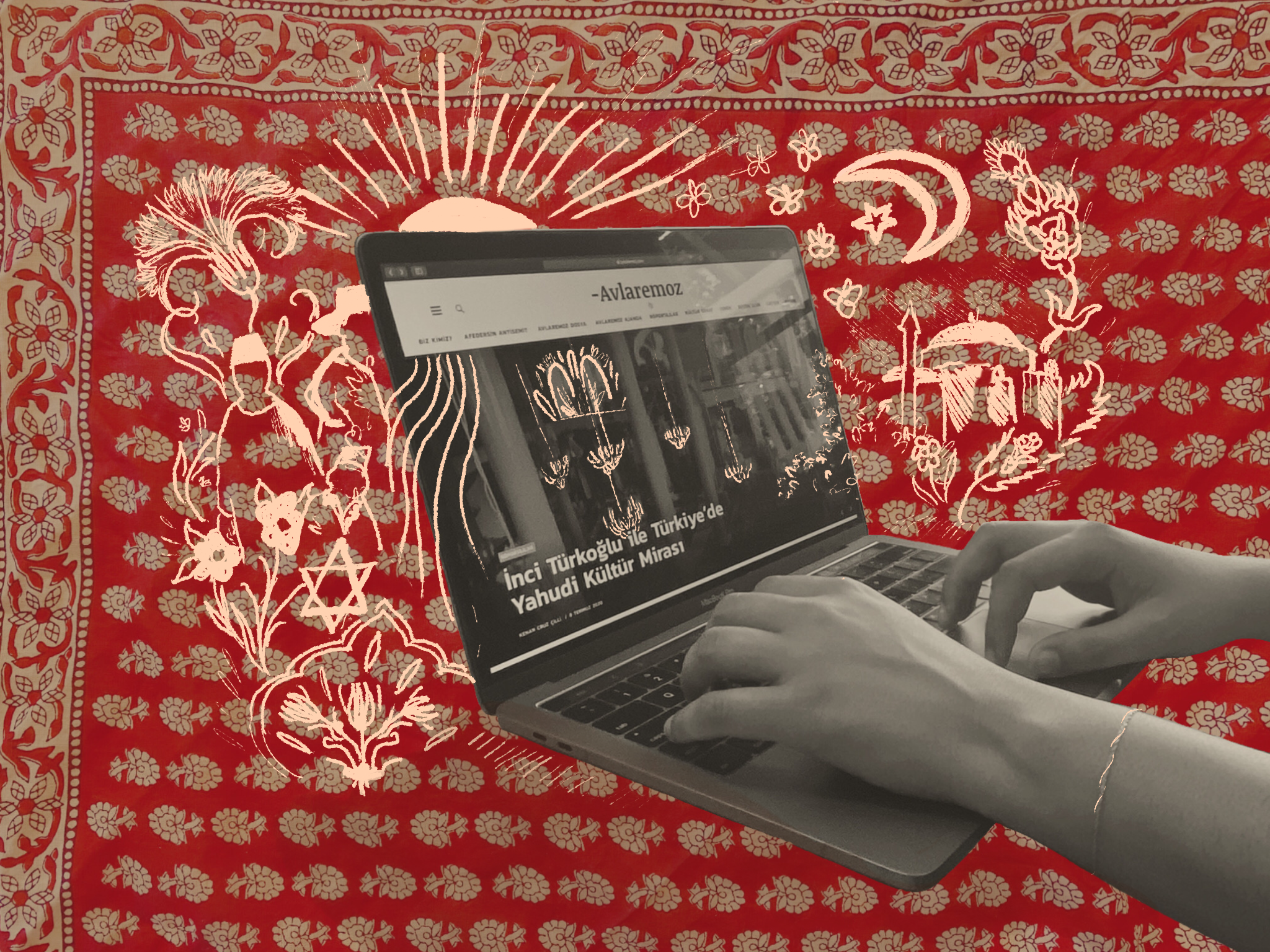
A Faint Call in Turkish: Let’s Talk
A younger generation of Jews in Turkey, fed up with suppression and silence, has come together to create an online news and opinion platform: Avlaremoz (let’s talk).

Houndstooth
A series of embroidery works depicting bodies, some whole and some fragmented. They are surrounded by a hand-woven pattern, recalling the shapes, colors and processes of traditionally woven textiles in a small, intimate format. The bodies are androgynous, comfortably and vulnerably in a state of in-between-ness, inviting a gaze to view them as they are.

Beyond the Critical Framework of Ashkenormativity: Reimagining Jewish Solidarity and Klal Yisrael
A deconstruction of Ashkenormativity is necessary, but certainly not enough to urgently address the ways in which the privileges of Jewish people, however conditional they may be, can make us complicit in systems of white supremacy.
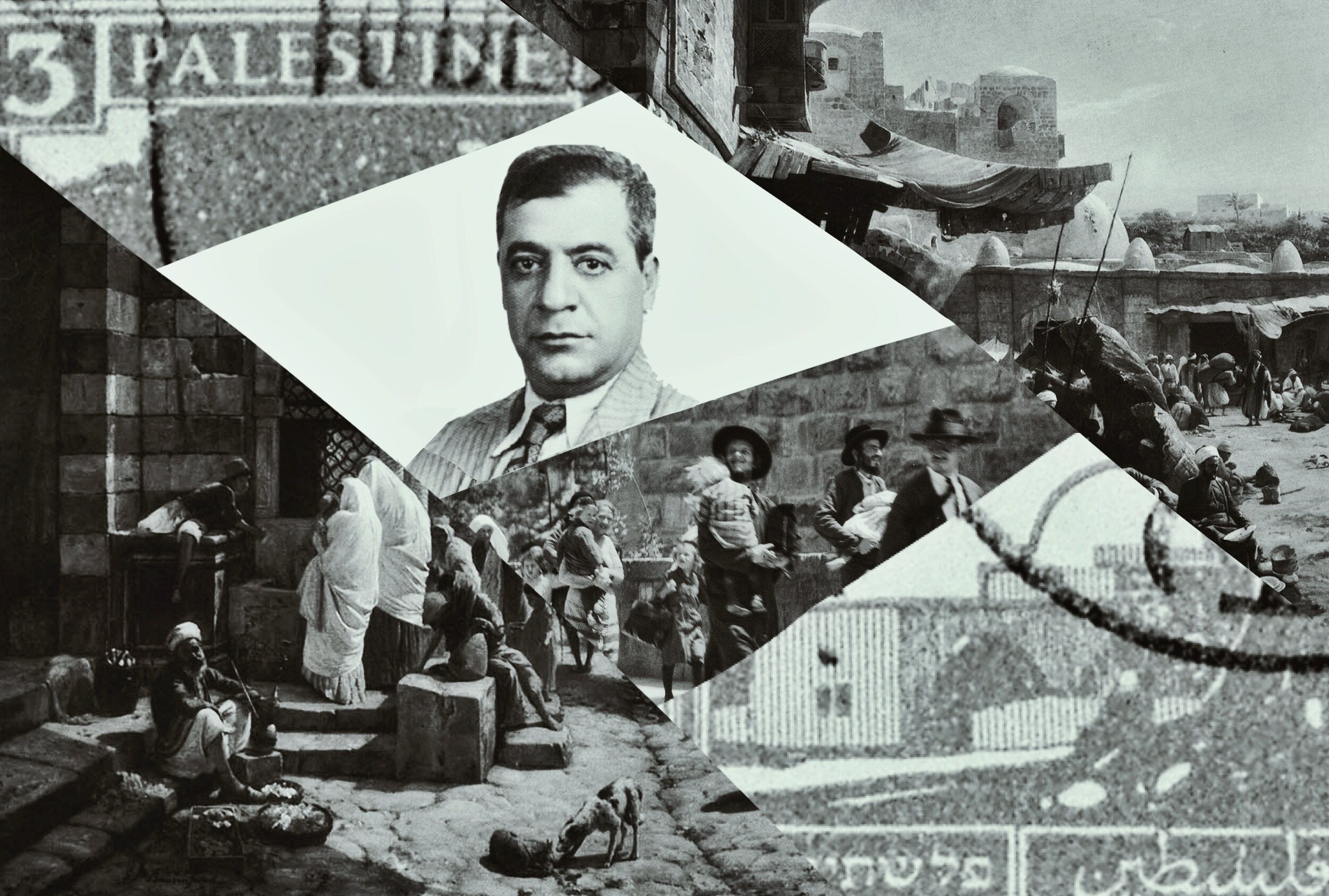
“Subject Matter:” Orientalism and Arab Racialization in the Work of Yitzhaq Shami
The Palestinian Jewish author celebrated an “exotic” hybrid of Arab and Jewish identity not in order to shift Zionism’s Orientalist premises or to intervene in the political tensions brewing because of it; Rather, Shami’s work was a protocol for racialization, and a significant contribution to Zionist settler-ideology, in its appropriation of Arabism.

Psalm of Palms: For Davoud
Glimmers of violence, hope, brotherhood, and belonging grace this poem by Gabie Yacobi about her father's coming of age between Iran, Israel, and California.

Galeet Dardashti on Performance, Anthropology, and the “Revolutionary” Revival of Piyyutim
Our editors talk with Galeet about her family’s ties to Iranian and Jewish music, her multifaceted approach to her work as both a scholar and a performer, and her thoughts on the future of music in American Jewish congregations.

Mizrahim, the Holocaust, and the Fluid Ownership of Jewish History
For many Mizrahim, navigating our place in discussions about the Holocaust is a complicated task. How does my position relative to it as a Persian Jew guide my presence in conversations with other Jewish people? How do the obligations attached to my identity shift when I leave those spaces? And what has a new understanding of my family history taught me about Jewishness?
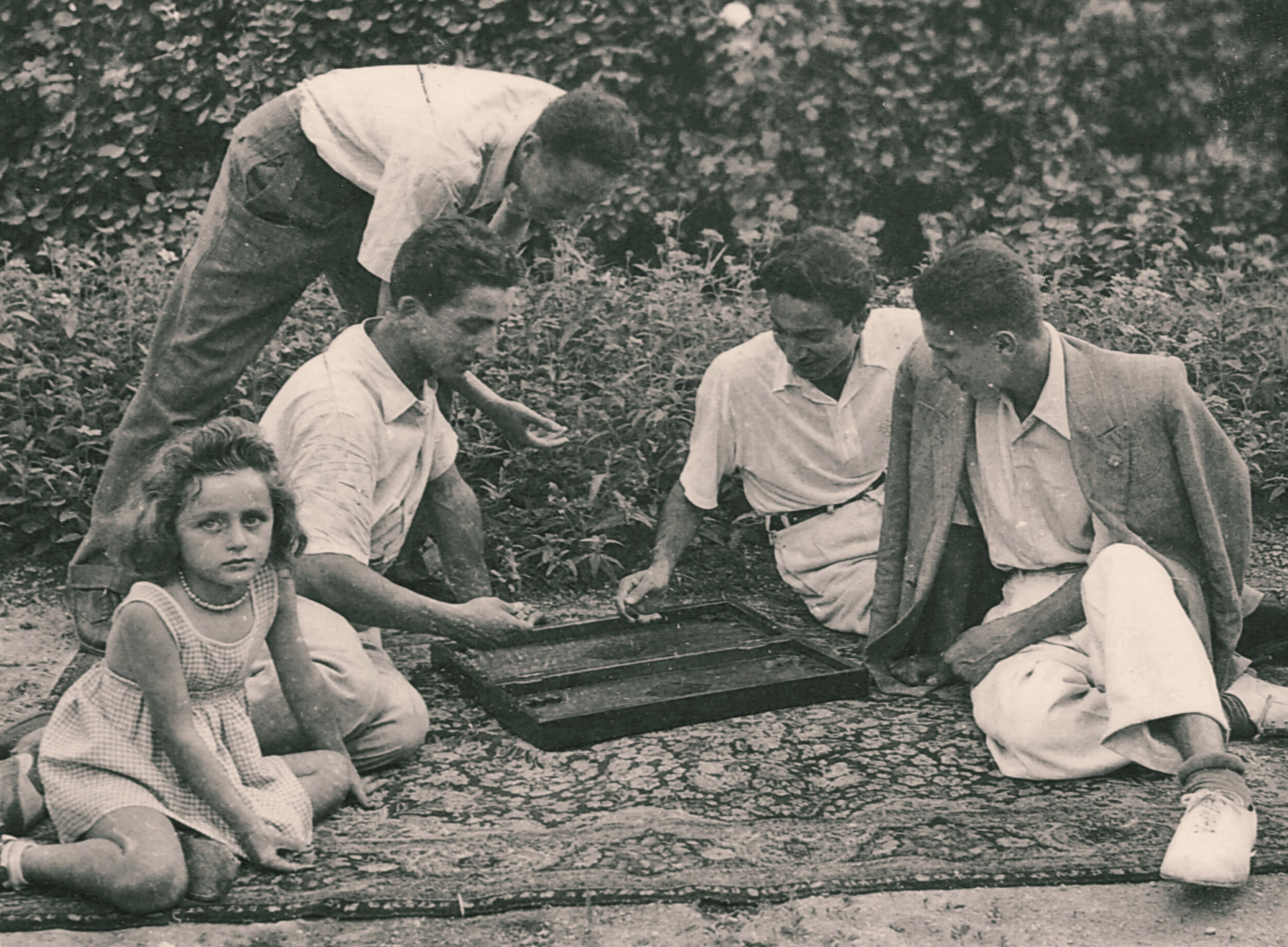
Letter from the Editors — Summer 2020
We are in a global moment of reckoning that is asking us to re-examine how our identities are not static or monolithic traits, but situationally-adaptable variables informed by our positions in larger social, political, economic, and cultural realities. Our understanding of identity today is ever-changing, constantly being shaped and defined by the roles we play across different communities.

Writing Between Tongues: The Calligraphy of Ruben Shimonov
Ruben Shimonov’s hybrid identity as a Bukharian, Sephardic, and Mizrahi Jew continuously informs his work as a community builder, educator, and artist.
